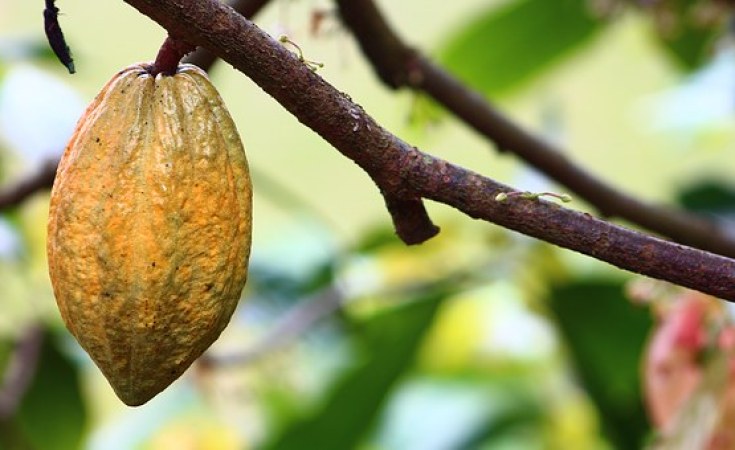Read in
Unifying the cocoa sector in four West African countries could be on the cards after Cameroon and Nigeria officially applied for membership in the Côte d’Ivoire-Ghana Cocoa Initiative (CIGCI).
“Cameroon and Nigeria both represent about 15 percent of world production; if they join Côte d’Ivoire and Ghana, that would be 75 percent of world production,” says Alex Assanvo, the executive secretary of CIGCI.
With four countries in West Africa coming together to fight for fair pricing on a largely undervalued luxury, farmers’ incomes could improve, he says.
“The fact of being together gives a stronger voice to reflections around how we can, together, improve purchasing systems and put in place policies,” he adds.
Nigeria & Cameroon take further steps to join the Côte d’Ivoire – Ghana Cocoa Initiative (CIGCI); an alliance for economic relations on cocoa which aims to improve the incomes of cocoa farmers. The 2 prospective member countries addressed the Steering Committee of the Initiative. pic.twitter.com/YaltnOkB3z– Ghana Cocoa Board (@ghcocobod) October 12, 2022
While the current grouping of the top two producers globally already represents 60 percent of the world’s cocoa, it is still unable to control the price.
“For us, the important thing is to work together to be able to create a much more reinforced framework and create a good block,” adds Assanvo.
Although the price for farmers in Côte d’Ivoire has risen to €1.30 per kilo, announced late last month, the geopolitical situation in the Ukraine has also hit cocoa producers, says Ivorian Agriculture Minister Kobenan Kouassi Adjoumani.
“While input prices rose sharply, product prices fell on international markets. This paradoxical market trend was an issue of concern for cocoa farmers,” Adjoumani told AFP newswire.
Cocoa farmers are some of the poorest in the agricultural sector–they receive six percent of the billion-euro global cocoa market, which is controlled by industrial giants.
Representatives from Cameroon and Nigeria were invited to a CIGCI meeting in Abidjan to begin the process of joining the initiative, he said after the meeting.
President Alassane Ouattara and his Ghanaian counterpart Nana Akufo-Addo formally launched the group in 2017.



